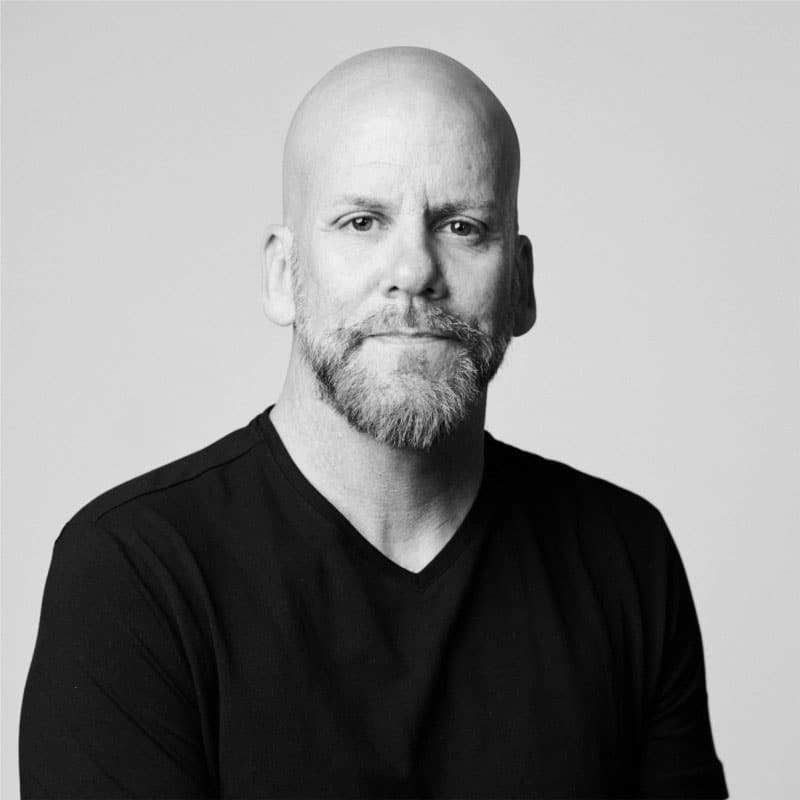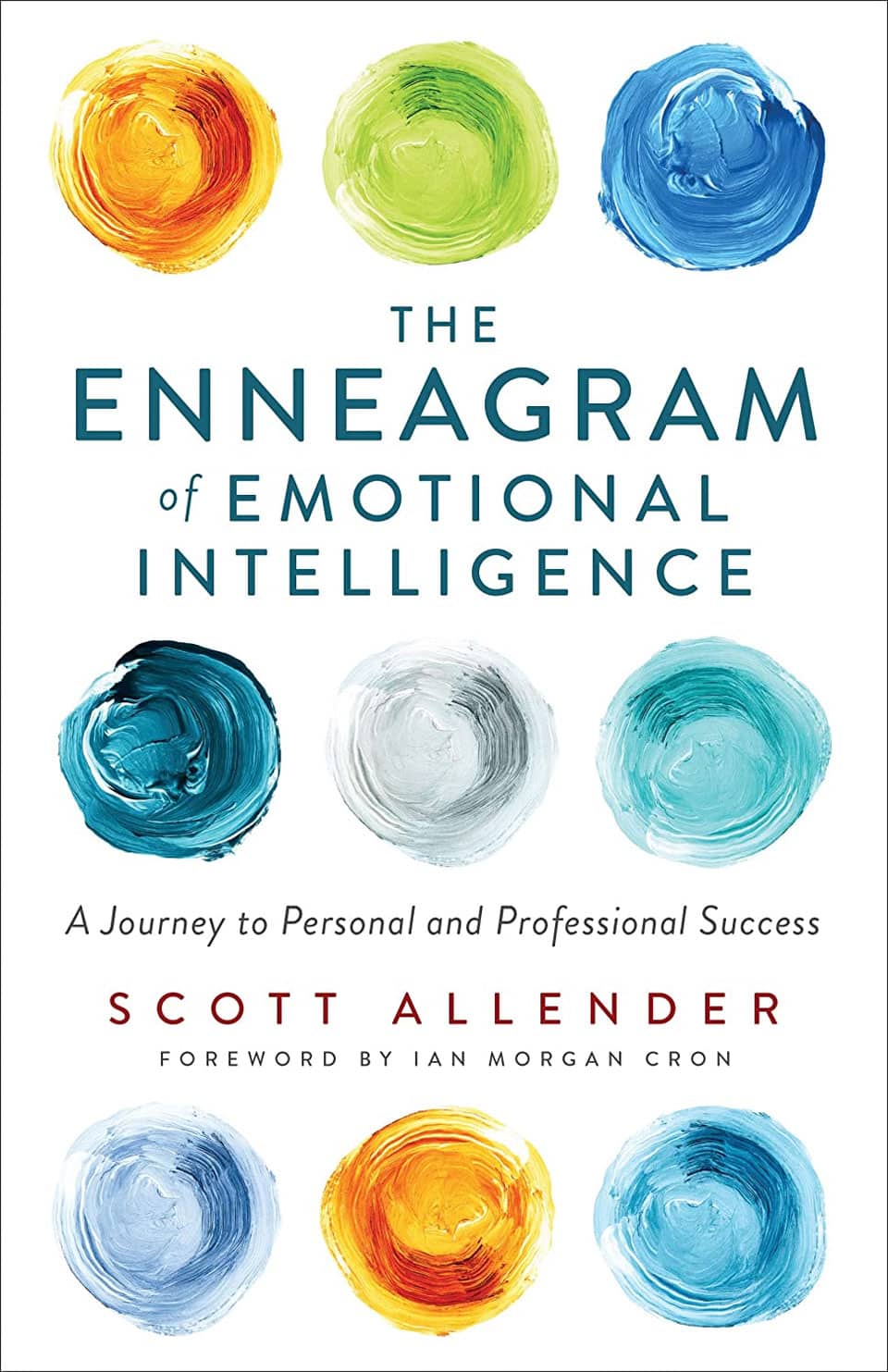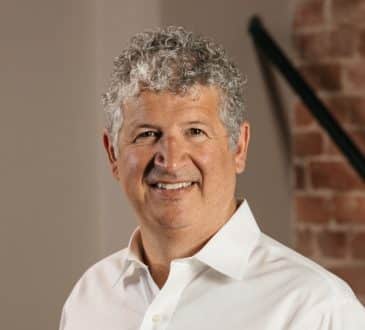WHY OUR UNDERSTANDING OF EMOTIONAL INTELLIGENCE NEEDS TO EVOLVE

I was recently speaking with a friend of mine who deeply values the importance of leader’s emotional intelligence (EQ) as much as I do. We also quickly aligned on our shared frustration with the efficacy of EQ frameworks. I’ll spare you the meanderings of our early morning talk on a surprisingly sunny East London morning in October and, instead, come right to the problem that had us each scratching our heads: namely, the vast majority of the EQ frameworks, and the resulting discussions they provoke, are entirely too logic driven. In a perverse way, this rationalism distances us from what we’re feeling and what that can tell us.
But our emotions aren’t rational. And improved EQ will not be achieved by simply trying to make the illogical, logical. Emotional Intelligence systems and frameworks often make the mistake of trying to circumnavigate the feelings themselves and forge a short cut to behavioral change through rational processing. EQ, at its core, is the ability to feel our feelings and then interpret what they are telling us. Embracing our emotional experiences and developing greater nuance in naming what we feel, sometimes described as ‘emotional granularity’, develops parts of our brains associated with increased wellbeing and judgement.
As I write about in my book, The Enneagram of Emotional Intelligence, feelings are a profound source of insight that should be understood and leveraged in ways that fuel every facet of our lives. Strengthening our EQ requires that we first and foremost learn to step into the intentional experience of our emotion in every area of our lives. Particularly in our workplaces, this becomes a source of relational and informational currency.
EQ is our ability to feel, name, and process our emotions, while also learning to pay attention to our physical feeling state (what our bodies are telling us), with self-compassionate curiosity. This ability to inquire within opens the door for us to understand, at a deep level, what is going on inside, paving the way for us to respond to our circumstances with thoughtful intentionality versus automatic reactivity.
Most EQ workshops and coaching sessions, however, seem to spend far too much time talking in theory and/or analyzing individual test results, and far too little time helping leaders experiment with ways to better access what they are truly feeling and how those feelings inform behaviors. Many of us have a myriad of denied or hidden emotions that have a disproportionate effect on how we see and manages ourselves, others, and the world around us. Cultivating deeper awareness means learning to surface and metabolize all that we are feeling from moment-to-moment.
Our EQ is a constant interplay between the state of our body, the quality of our thoughts, and our emotions. Emotions play the most important role of all three in this symbiotic relationship. This is because emotions serve as alert signals about what is truly going on within us – what we are thinking/believing about ourselves or someone else, and if our bodies are depleted or unwell in some way. Emotions that are felt, questioned, and attended to can propel us toward the outcomes we desire. Emotions that are unfelt, denied, repressed, or wielded as weapons, wreak havoc.
Becoming Mindful about Emotions
For anyone who is working to help grow the awareness and effectiveness of individuals, teams, and leaders, it is time that emotional experience becomes the central focus of emotional intelligence rather than the analysis of an EQ diagnostic. For any individual who is doing their own personal and/or professional development, it’s time to learn to feel, name, and question your feelings. By question, I mean to be curious. When we are open to experiencing uncomfortable emotions and what these emotions are telling us, we tap directly into the cornerstone of EQ: Awareness of self.
For many, self-compassionate inquiry will lead them directly to another neglected truth about EQ: it enables us to understand how to heal our deepest psychological wounds. In organizational life, this type of conversation may be regarded as intrusive, or a bit too “woo-woo,” so it is substituted with trying to roadmap personal growth through a myopic focus on behavioral changes. But focusing on behavioral symptoms rarely changes how we feel, particularly under pressures. In these situations, regardless of what we ‘know’ we should do, we often fail to overcome the compulsion that negative emotions provoke in us to act out the same old scripts of anger, judgment, retreat, passive aggression, or denial.
Our EQ is directly correlated with our emotional well-being. I’ve yet to encounter anyone who has dedicated themselves to practices that help heal their deepest emotional wounds, who aren’t simultaneously growing in their emotional intelligence. Getting there means learning to pay attention to what we are paying attention to.
As Vietnamese Buddhist monk, Thich Nhat Hanh explains, “the first function of mindfulness is to recognize and not to fight”. This is to allow ourselves to observe ‘what is’ without being confined by any self-imposed ‘should’s’ about how we are supposed to feel. When we allow ourselves to recognize what we feel, we are then able to embrace the thoughts and stories we carry which inform our feelings. Instead of fighting feelings, the stories, and the physical signals that create them, we can compassionately hold space for them. From here, we can question these stories, without judgment, self-editing, or denial, and ask ourselves, ‘is what I’m believing about myself, the other, or the situation objectively true?’ ‘Are there any personal beliefs that may be interfering with my ability to fully understand what is going on here?’ ‘How can I make the situation I find myself in better?’ ‘Do I perhaps just need something to eat right now… or perhaps take a walk?”
I wrote my book, The Enneagram of Emotional Intelligence, because self-awareness doesn’t come from a book (ironic, I know), a workshop, a test, or even a qualified coach. It comes to us when we make the unconscious, conscious. When we are deeply connected to our most authentic selves, we grow the capacity to show up to ourselves, and others, with honesty, compassion, safety, and sincerity. So, how do we do that?
Well, we need to open up a map and simply start the journey. The map I use in my is the enneagram. The journey is through beautiful, hidden lands of Heart, Body, and Mind. The discoveries that lay ahead are priceless…
Written by Scott Allender.
Have you read?
What Is Dumbing Us Down by Henry Mintzberg.
Why Venture Studios Are The Perfect Fit For Venture Capital by Dr. Erik Reis.
GAIN COMPETITIVE ADVANTAGE BY WRITING THOUGHT-PROVOKING BUSINESS BOOK by Jane Wesman.
How Building a Viable Community Can Keep Your Business Going by Mike Fata.
4 Ways You Can Help Build Trust with Your Most Important Stakeholders: Employees by Ingrid Christensen.
Add CEOWORLD magazine to your Google News feed.
Follow CEOWORLD magazine headlines on: Google News, LinkedIn, Twitter, and Facebook.
This report/news/ranking/statistics has been prepared only for general guidance on matters of interest and does not constitute professional advice. You should not act upon the information contained in this publication without obtaining specific professional advice. No representation or warranty (express or implied) is given as to the accuracy or completeness of the information contained in this publication, and, to the extent permitted by law, CEOWORLD magazine does not accept or assume any liability, responsibility or duty of care for any consequences of you or anyone else acting, or refraining to act, in reliance on the information contained in this publication or for any decision based on it.
Copyright 2024 The CEOWORLD magazine. All rights reserved. This material (and any extract from it) must not be copied, redistributed or placed on any website, without CEOWORLD magazine' prior written consent. For media queries, please contact: info@ceoworld.biz
SUBSCRIBE NEWSLETTER









